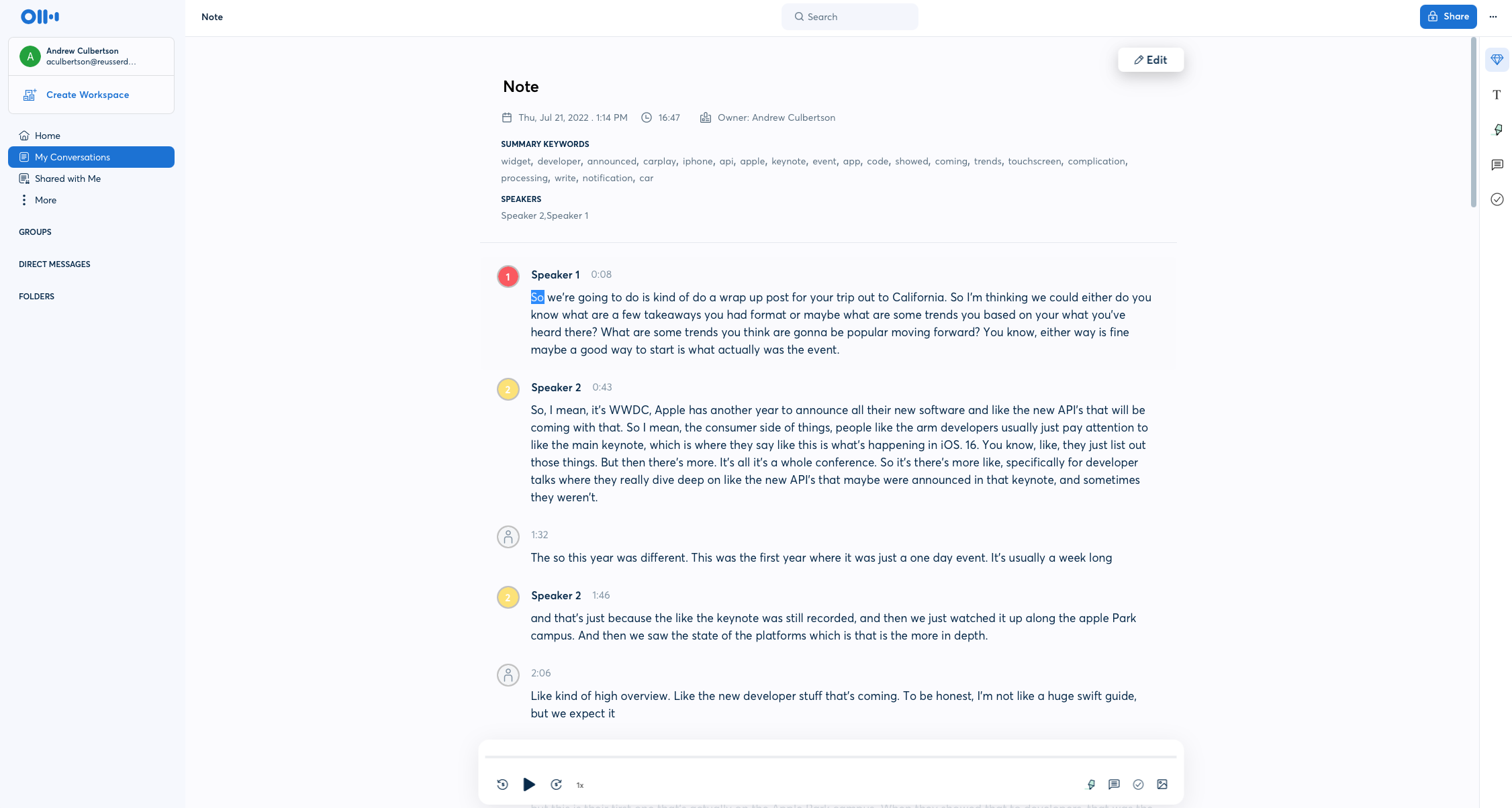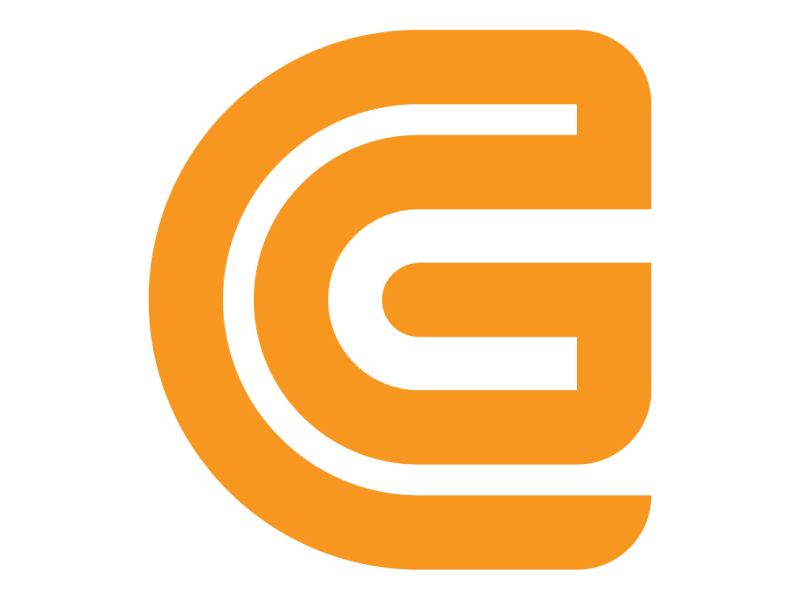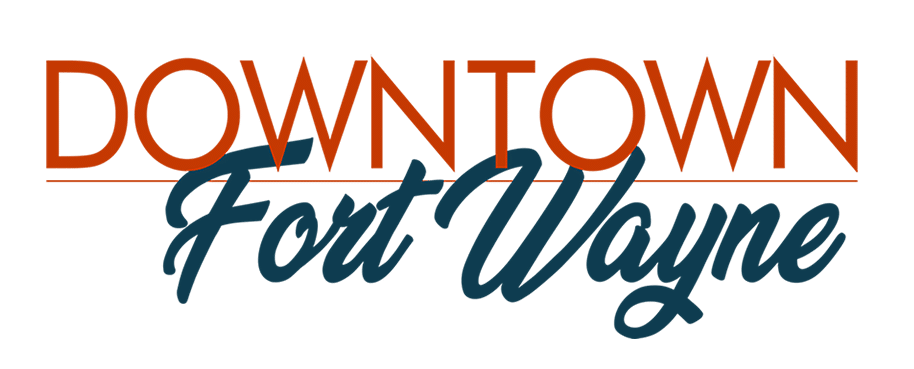Blog: How productive is your time at work? These tips and tools might increase efficiency
"We'd like to share a few tips and tools that might help you stay focused no matter where you work.”
How much work can employees complete in a single day?
While high achievers may be able to wring efficiency out of almost every minute, the average output is surprising. According to Inc., during an eight-hour day, workers are productive for less than three hours.
That leaves significant opportunities for improvement.
Interruptions and distractions play a pivotal role. A study from the University of California Irvine found that it can take more than 23 minutes to get back on track after being interrupted. However, that’s not the whole story. Inefficiencies, poor planning, and a lack of proper tools also erode productivity.

I work as a Content Strategist at Reusser, a digital agency located in Roanoke. Our team frequently thinks about creative ways to maximize productivity. For nearly a decade, we’ve maintained a full-time, four-day work week, too. That makes every hour between Monday and Thursday all the more valuable.
We’d like to share a few tips and tools that might help you stay focused no matter where you work.
Tips For Productivity
Small changes like these can have a big impact on efficiency, especially when used in tandem.

Block Time
Parkinson’s Law offers the familiar adage that “work expands so as to fill the time available for its completion.”
That reality plays out each day. If an employee has all week to complete a project, chances are it will take all week. This is especially true if the project is worked on in small chunks at a time.
Rather than meandering from one project to another, schedule blocks of time for specific tasks. For example, set aside 1 p.m. to 3 p.m. on Tuesday to work on a report. In addition to providing a built-in deadline, this prevents a two-hour task from expanding into three or four hours. This also ensures time is assigned to high-priority needs.
By adding time blocks to a public calendar, coworkers will be less likely to interrupt or schedule a meeting during that time.
Pause Notifications
“Do you have a second?”
Distractions like this, whether online or in person, happen constantly. Employees are interrupted frequently throughout the day. Although this may seem harmless, it takes time to refocus on the task at hand. This attention tug-of-war prevents deep work from happening.
To greatly reduce distractions, pause notifications from email, phone, and any chat tool. Then, at checkpoints throughout the day, shift attention from the to-do list to answering any messages. This balance ensures that real work can be done without neglecting other members of the team.

Stop Multitasking
While it sounds counterintuitive, multitasking actually makes individuals less efficient. According to one study, only 2.5 percent of people are supertaskers who can successfully juggle multiple responsibilities at a time.
In addition to physical risks, constantly switching gears from one task to another can cause unnecessary stress and burnout. Instead, it is more productive to focus on a single responsibility at a time.
Multitasking also extends to what is happening in the background. Whether that means having the TV on while working on keeping social media tabs open, it’s best to limit focus rather than split it.
Tools For Productivity
These tools are easy to adopt and offer a range of advantages. All three are also free to try.
Otter
Otter is a real-time transcription tool that turns any discussion into both text and an audio file. Instead of dividing attention between listening and taking notes, this tool allows everyone to remain engaged.

Trello
Trello is a project management tool that allows teams to collaborate more easily. Instead of relying on ongoing emails or messages, the visual dashboard allows anyone to assess progress at a glance and assign individual tasks as needed.
Slack
Slack is a communication tool that makes collaboration simpler. Instead of relying on emails, which can be difficult to find weeks or even days later, conversations on Slack are easy to maintain. By creating channels for specific projects, the right group of people always has access to the latest information.
Productivity is not an all-or-nothing topic. Some days will be better than others, but what is important to remember is that even small improvements have a compound effect over time.
And the more efficient you are at work, the more flexibility you might achieve in your schedule.
This story is part of a blog series with Reusser.










